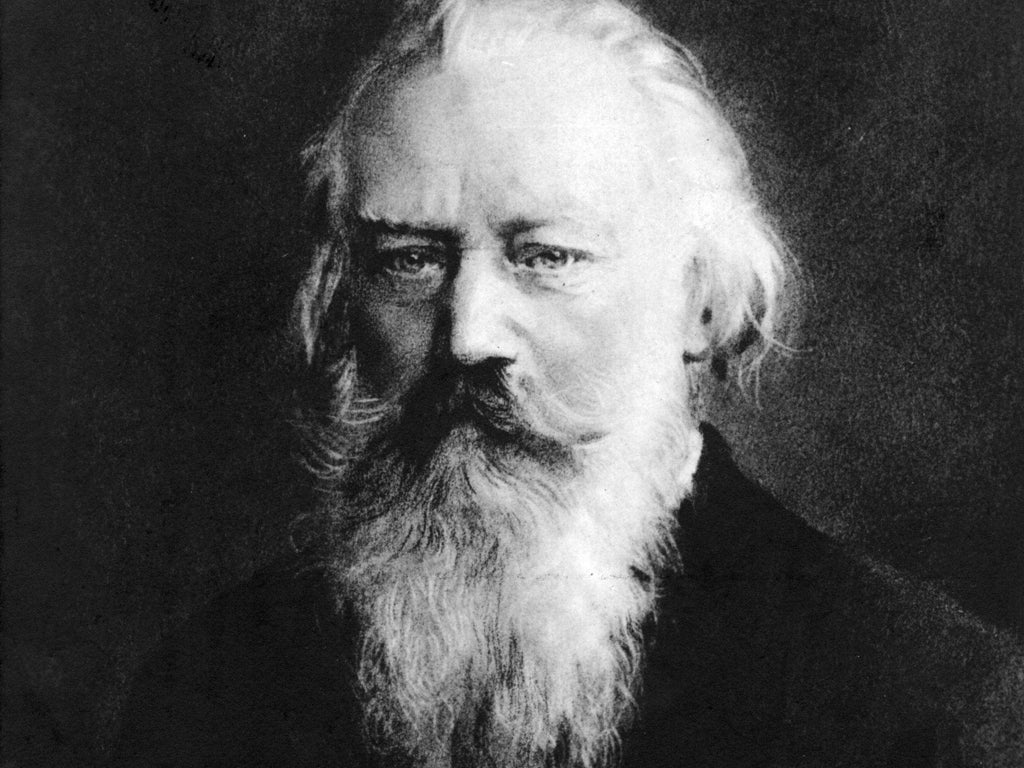Brahms piano work found in visitors' book 160 years on

Your support helps us to tell the story
From reproductive rights to climate change to Big Tech, The Independent is on the ground when the story is developing. Whether it's investigating the financials of Elon Musk's pro-Trump PAC or producing our latest documentary, 'The A Word', which shines a light on the American women fighting for reproductive rights, we know how important it is to parse out the facts from the messaging.
At such a critical moment in US history, we need reporters on the ground. Your donation allows us to keep sending journalists to speak to both sides of the story.
The Independent is trusted by Americans across the entire political spectrum. And unlike many other quality news outlets, we choose not to lock Americans out of our reporting and analysis with paywalls. We believe quality journalism should be available to everyone, paid for by those who can afford it.
Your support makes all the difference.An unknown work by the composer Johannes Brahms has come to light after almost 160 years following its chance discovery in a visitor's book, and will be played for the first time next week.
The two-minute piano piece, called Albumblatt, was written in Brahms' breakout year, 1853, when he was just 20, and was found by the conductor Christopher Hogwood. The news will be exciting for Brahms enthusiasts as few of his early manuscripts exist.
Roger Wright, controller of BBC Radio 3, the classical music station, said: "Brahms is one of the most significant composers of the 19th century... This is a fascinating discovery; it sheds light on his work in a new way. You can absolutely recognise this as Brahms' style."
The piece was discovered by chance while Mr Hogwood leafed through manuscripts held in the US. He brought the piece to Mr Wright, who commissioned the celebrated Hungarian pianist Andras Schiff to play it for the first time. The short work will appear on BBC Radio 3's Music Matters on January 21.
Mr Hogwood was researching manuscript collections and was shown a volume from Germany, with autographs of visiting musicians. "It was like a visitor's book. In it, Brahms had taken the surprising step to write out a two-minute piano piece," Mr Wright said.
Join our commenting forum
Join thought-provoking conversations, follow other Independent readers and see their replies
Comments